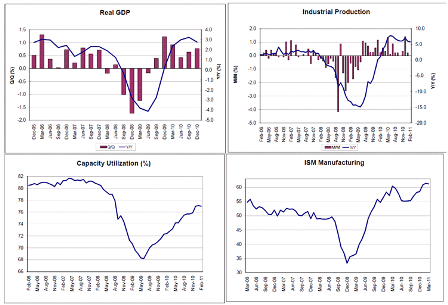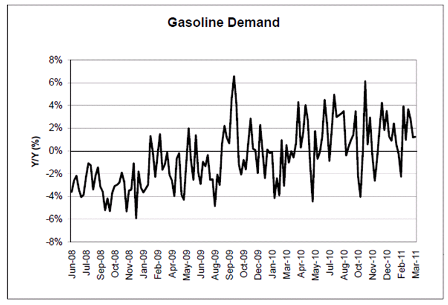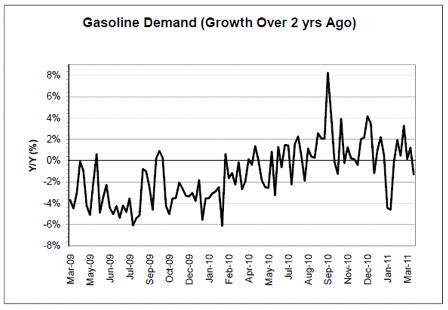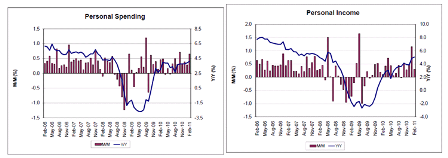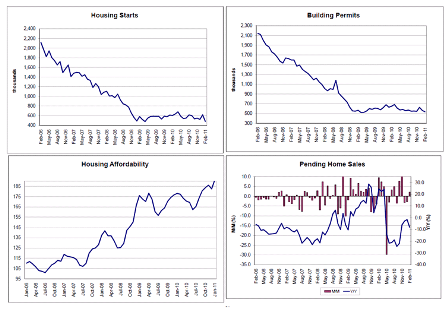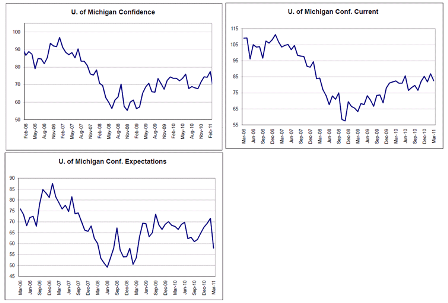Unfortunately it’s unfolding as feared.
MOSLER FOR SENATE
Tea Party’s Economic Agenda Would Cause Next Great Depression
Says Former Tea Party Democrat
Waterbury, CT – August 30, 2010, Warren Mosler, Independent candidate for US Senate, former Tea Party Democrat, and frequent speaker at Tea Party rallies, lashed out today at the political movement for its ill-thought demands to balance the budget which he contends is based on abject ignorance and counter to true Tea Party values. “The Tea Party’s demands to balance the budget and reduce the Federal deficit aren’t merely misguided, but dangerous, and would cause the worst depression in history,” stated Mosler, a financial expert with 37 years of experience in monetary operations. “I have been, and continue to be, a strong supporter of the core Tea Party values of lower taxes, limited government, competitive market solutions, and a return to personal responsibility. However, their proposals to balance the budget are the same suicidal policies that caused the 6 horrible depressions in the U.S. over the past 200 years. At the worst possible time to take money out of the economy, the Tea Party’s proposals would remove an estimated $1 trillion and cause the worst depression in world history, destroying tens of millions of jobs and ruining our children’s future.”
Explanation of the Modern Monetary System
Modern money, after the demise of the gold standard, is akin to a spreadsheet that simply works by computer. As Fed Chairman Bernanke explained on national television on 60 minutes, when the government spends or lends, it does so by adding numbers to private bank accounts. When it taxes, it marks those same accounts down. When it borrows, it simply shifts funds from a demand deposit (called a reserve account) at the Fed to a savings account (called a securities account) at the Fed. The money government spends doesn’t come from anywhere, and it doesn’t cost anything to produce. The government therefore cannot run out of money, nor does it need to borrow from the likes of China to finance anything. To better understand this, think about when a football team kicks a field goal; the number on the scoreboard goes from 0 to 3. Does anyone wonder where the stadium got those 3 points, or demand that the stadium keep a reserve of points in a “lock box”?
Moreover, government deficits ADD to our savings – to the penny – as a fact of accounting, not theory or philosophy. This means the Mosler payroll tax (FICA) holiday will directly increase incomes and savings, thus fixing the economy from the bottom up. For example, if the Mosler tax cut amounts to $20 billion per week, that will be the exact increase in income and savings for the rest of us as anyone in the Congressional Budget Office will confirm. For the Federal government, taxes don’t serve to collect revenue but are more like a thermostat that controls the temperature of the economy. When it is too hot, raising taxes will cool it down. And in this ice-cold economy, a very large tax cut is needed to warm the economy back up to operating temperature.
While Mosler fully supports the Tea Party desire to cut taxes, and recognizes the need to cut wasteful and unnecessary spending – in fact, his economic proposals will save the government hundreds of billions of dollars of unnecessary interest expense – he also recognizes that tax cuts have to be much larger than spending cuts in order to ensure that less money is taken out of the economy, and not more as the Tea Party is currently demanding.
About Warren Mosler
Warren Mosler is running as an Independent. His populist economic message features: 1) a full payroll tax (FICA) holiday so that people working for a living can afford to buy the goods and services they produce. 2) $500 per capita Federal revenue distribution for the states 3) An $8/hr federally funded job to anyone willing and able to work to facilitate the transition from unemployment to private sector employment. He has also pledged never to vote for cuts in Social Security payments or benefits. Warren is a native of Manchester, Conn., where his father worked in a small insurance office and his mother was a night-shift nurse. After graduating from the University of Connecticut (BA Economics, 1971), and working on financial trading desks in NYC and Chicago, Warren started his current investment firm in 1982. For the last twenty years, Warren has also been involved in the academic community, publishing numerous journal articles, and giving conference presentations around the globe. Mosler’s new book “The 7 Deadly Innocent Frauds of Economic Policy” is a non technical guide to the actual workings of the monetary system and exposes the most commonly held misconceptions. He also founded Mosler Automotive, which builds the Mosler MT900, the world’s top performance car that also gets 30 mpg at 55 mph.
Learn more at www.moslerforsenate.com
Media Contact:
Will Thompson
(267) 221-6056
will@hedgefundpr.net

